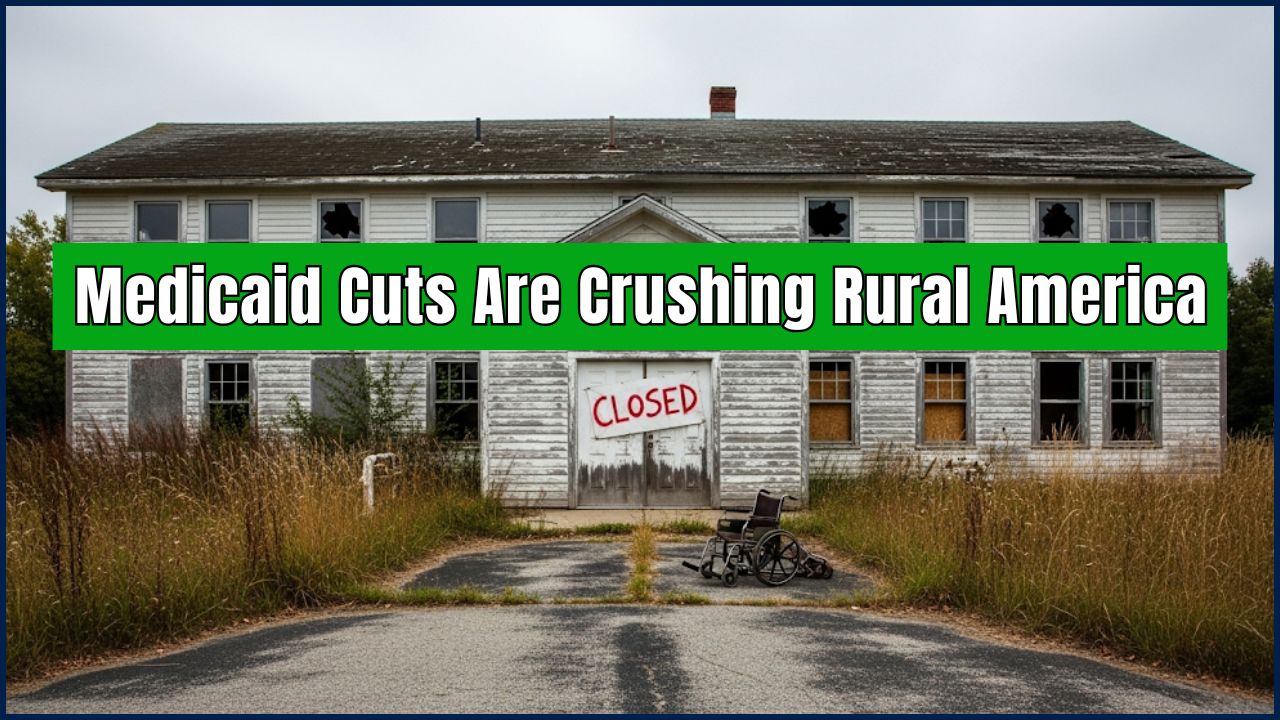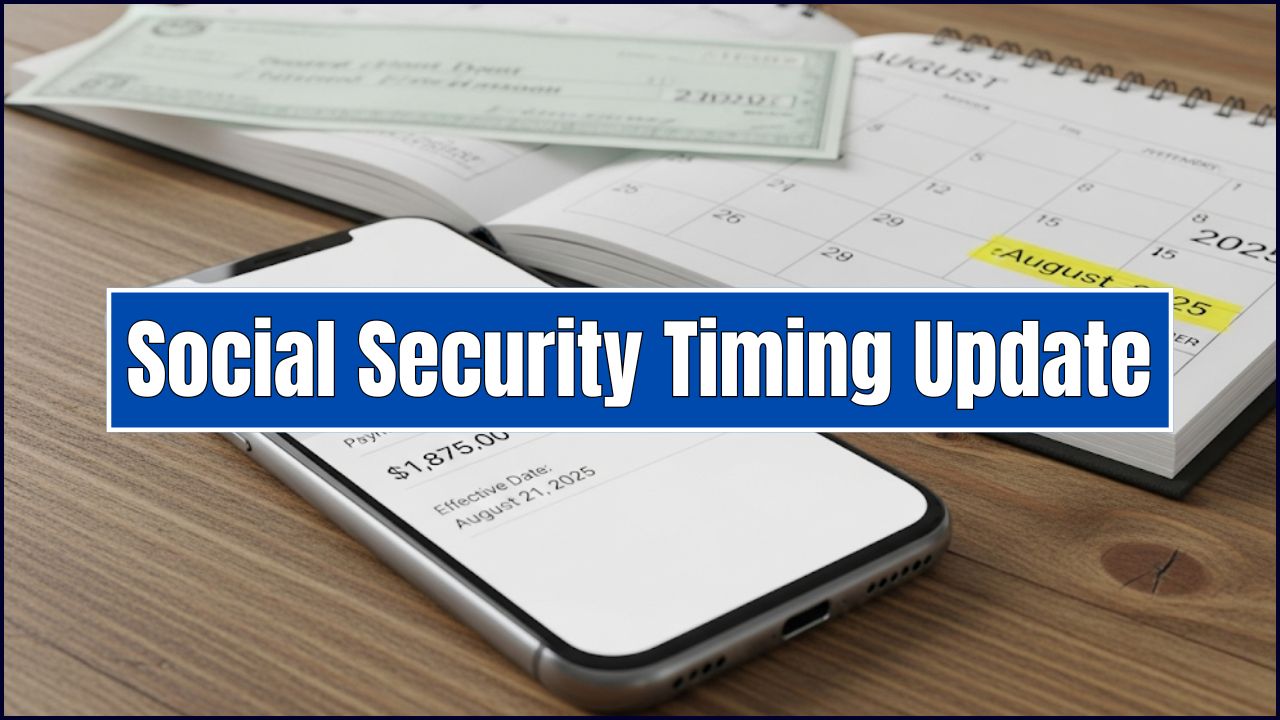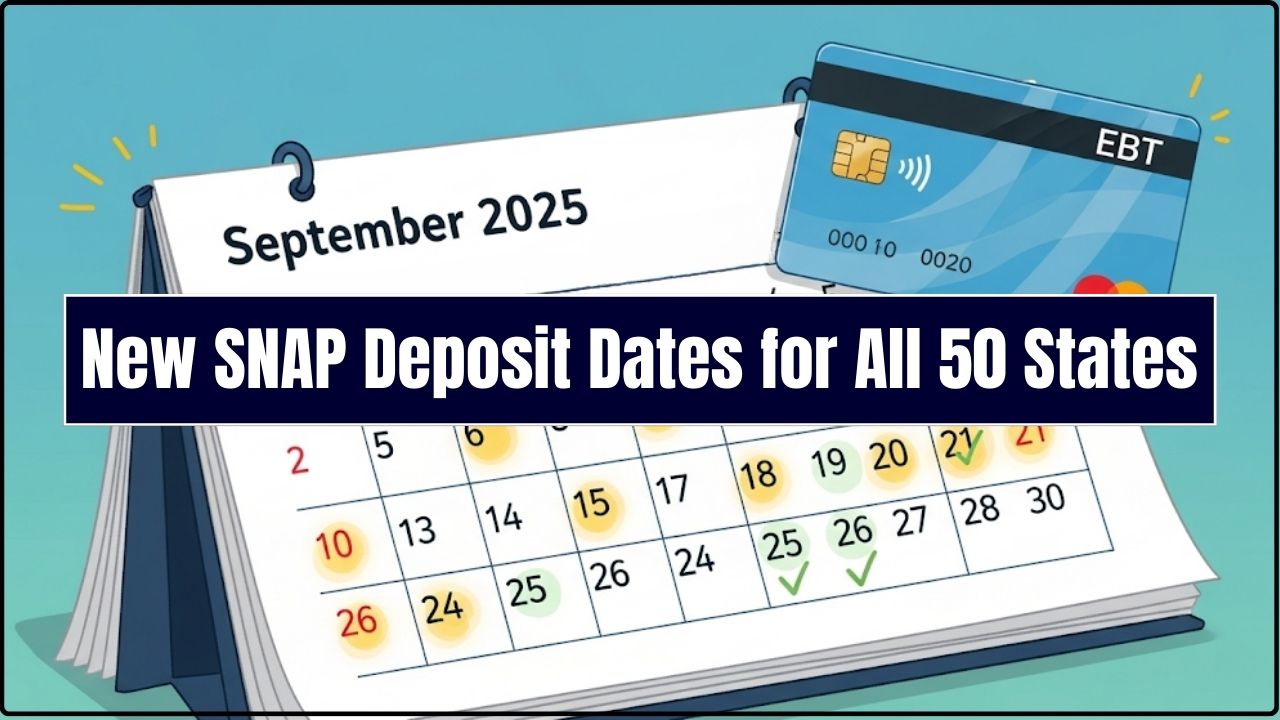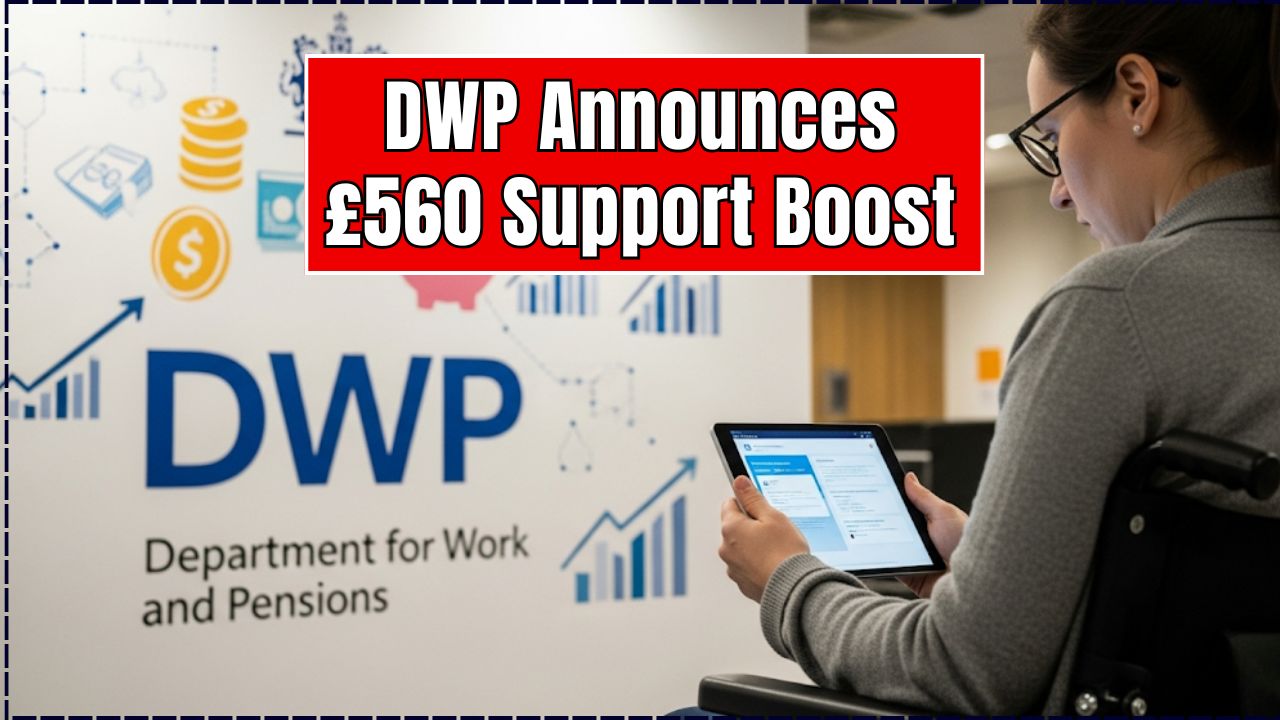The DWP (Department for Work and Pensions) announces a Winter Fuel Boost, with payments of up to £300 to help millions of pensioners across England and Wales stay warm this winter. With energy bills still high, this move is not just government bureaucracy—it’s real money in the bank for older households.
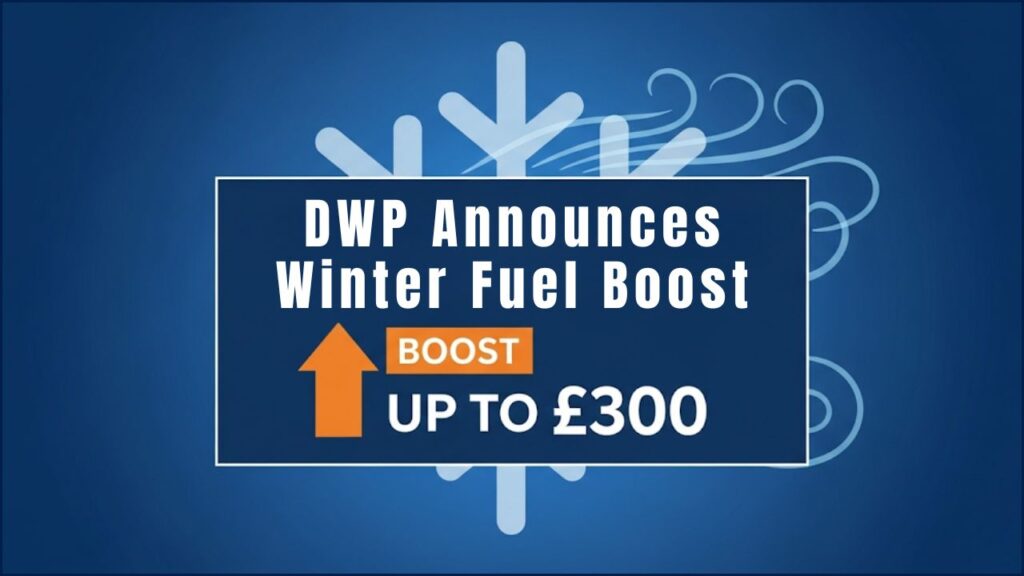
If you’re wondering whether you qualify, how much you’ll get, and how the scheme actually works, this article breaks everything down in clear, simple steps. Think of it as your go-to playbook for surviving winter, written in plain English with a mix of expertise, stats, and even a little friendly slang.
DWP Announces Winter Fuel Boost
| Criteria | Details |
|---|---|
| Payment amount | £200 (standard) or £300 (if someone in the household is 80+) |
| Age requirement | Born on or before 22 September 1959 |
| Income threshold | Automatic eligibility for those earning £35,000 or less |
| Household rules | Payments may be shared or combined depending on benefits and cohabitants |
| Care home residents | £100 if under 80, £150 if over 80, if not on income-related benefits |
| Coverage | About 9 million pensioners in England and Wales |
| Official info | UK Gov Winter Fuel Payment |
The DWP Winter Fuel Boost is a vital safety net, helping nearly 9 million pensioners with heating bills this winter. With payments up to £300, automatic processing for most, and a clear eligibility framework, the scheme makes winter a little less daunting.
But don’t stop there—combine the payment with smart energy hacks, local support, and extra benefits to stay warm, safe, and financially secure. Winter may be cold, but your home doesn’t have to be.
Why the Winter Fuel Boost Matters
Staying warm isn’t just about comfort. According to the Office for National Statistics (ONS), cold weather contributes to thousands of excess winter deaths in the UK each year, mostly among older adults. Combine that with energy prices nearly 50% higher than before 2020, and it’s clear why this scheme matters.
The Winter Fuel Payment provides direct financial relief at a time when pensioners often face tough choices—like heating vs. groceries. And yes, people really do face that choice. Charities like Age UK report that 1 in 5 older people worry about affording heating bills.
A Quick History: How We Got Here
The Winter Fuel Payment was first introduced in 1997, aimed at helping pensioners with the rising cost of heating. Originally, it was universal—everyone of pension age got it. But over time, governments tweaked the rules:
- 1997–2010: Universal payments up to £250–£400.
- 2011–2022: Adjusted amounts, still mostly universal.
- Winter 2023–24: Restricted to those on Pension Credit (about 1.5m people). This cut many pensioners out.
- Winter 2025–26: The scheme is back to covering most pensioners, around 9 million households.
This back-and-forth shows how political the scheme has become—balancing budget savings with protecting vulnerable people.
Who Qualifies for the Winter Fuel Payment?
Age Requirement
- Born on or before 22 September 1959.
Income Threshold
- Earn £35,000 or less annually → automatic payment.
- Earn more? You may still get it, but HMRC claws it back via tax unless you opt out.
Location
- Must live in England or Wales (Scotland and Northern Ireland run separate schemes).
Household Rules
- If two people qualify, payment may be split (e.g., two under-80s share £200).
- If someone gets income-related benefits, that person receives the full payment.
Care Homes
- Residents not on benefits: £100 (<80) or £150 (80+).
How Much Will You Get?
- Standard household: £200.
- Household with someone aged 80+: £300.
- Care home residents: £100 or £150.
Examples:
- David, 77, living alone: £200.
- Sandra, 84, living with her daughter: £300.
- Mike and Liz, both 70: £100 each.
- Rose, 79, in a care home: £100.
Winter Fuel Payment: 2024 vs. 2025
| Feature | Winter 2024 Payment | Winter 2025 Payment |
| Eligibility | Restricted to pensioners receiving specific means-tested benefits (e.g., Pension Credit, Income Support). | Expanded to include most pensioners, with a taxable income threshold of £35,000. |
| Recipients | Approximately 1.5 million people. | Estimated to benefit an additional 9 million people. |
| Payment Amounts | Up to £300, depending on circumstances. | Up to £300, depending on circumstances. |
| Repayment Clause | Not applicable. | The payment will be reclaimed via HMRC for those with taxable incomes over £35,000. |
How and When Do You Get Paid?
- Timeline: Payments usually arrive November through January.
- Method: Paid directly into your bank account (same as your pension).
- No application needed if you’re already getting the State Pension or qualifying benefits.
- Application required if you’re newly eligible—contact the Winter Fuel Payment Centre.
The Bigger Picture: Policy & Economics
According to the Financial Times, this year’s scheme will cost around £1.25 billion, but that’s actually cheaper than the old universal system (saving taxpayers about £450 million). Critics call it a “political U-turn,” while supporters argue it prevents vulnerable pensioners from freezing while also reducing NHS winter pressures.
This balance—compassion vs. cost—is at the heart of UK social policy.
How the UK Compares Globally
- United States: The Low Income Home Energy Assistance Program (LIHEAP) offers fuel bill help, but eligibility is strictly income-based. Payments average $500–$1,000 depending on state.
- Germany: Provides one-off “energy price relief” payments during crises, often targeted to households and businesses.
- France: Has the “Chèque Énergie,” averaging €150–€200 a year, for lower-income households.
The UK’s system sits somewhere in between—wider than the US but not fully universal anymore.
Practical Tips: Stretching Your Winter Fuel Payment
Even with £200–£300, bills can still eat up cash fast. Here’s how to make the most of it:
- Seal drafts: Door snakes, window tape, and thick curtains can save £100+ per year.
- Smart heating: Heat one room at a time. Use space heaters carefully.
- Check Pension Credit: If you qualify, it unlocks other perks like free TV license and extra heating help.
- Energy discounts: Ask your provider about Warm Home Discount (£150 credit).
- Community support: Councils often run “warm hubs”—public spaces where you can stay cozy.
Real-Life Voices
Mary, 82, from Birmingham, told The Guardian:
“Last winter, I sat in my coat because I couldn’t afford to heat the living room. This year’s £300 won’t cover everything, but it gives me peace of mind.”
These stories highlight why the scheme exists—it’s not about luxuries, it’s about basic dignity and survival.
Common Mistakes to Avoid
- Don’t Re-Apply If You’ve Received it Before: Most people who have received the payment in previous years and are still eligible will get it automatically. You only need to apply if your circumstances have changed or you’ve never received it before.
- Don’t Mistake It for the Cold Weather Payment: The Winter Fuel Payment is different from the Cold Weather Payment, which is a separate, additional payment triggered only during periods of severe, prolonged cold weather.
- Don’t Ignore the Income Threshold: If your taxable income is over £35,000, the payment will be reclaimed by HMRC. You can check your eligibility and whether you need to opt out on the government’s website.
FAQs
1. Do I need to apply?
Most pensioners are paid automatically. Apply only if you’re new or haven’t received it by January.
2. When does the money come in?
Between November and January.
3. Is the payment taxable?
Yes, it counts as taxable income.
4. Can I get it abroad?
Possibly, if you live in certain countries.
5. What about scams?
DWP will never text/email asking for bank info. Scammers are targeting pensioners—be careful.

